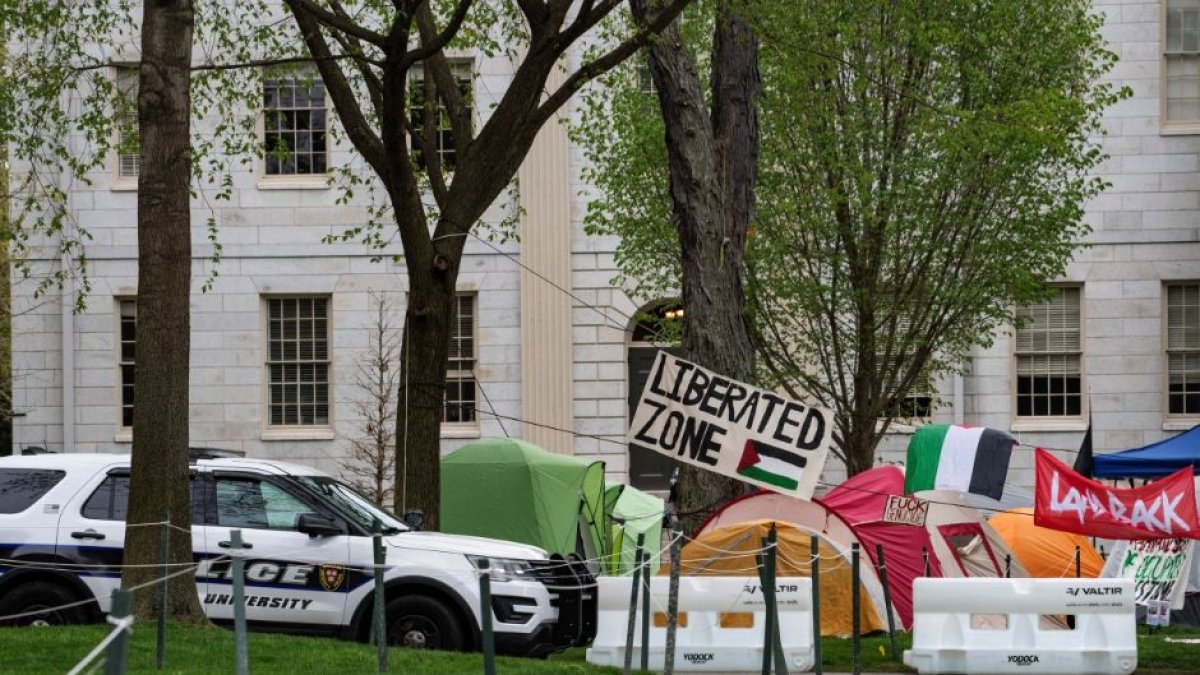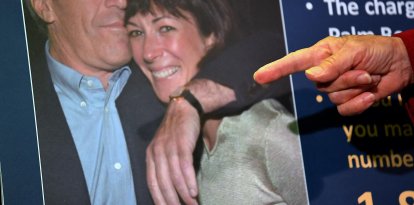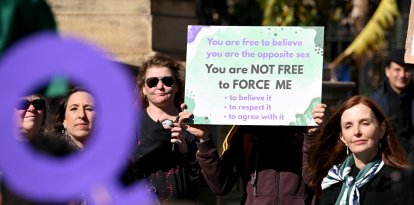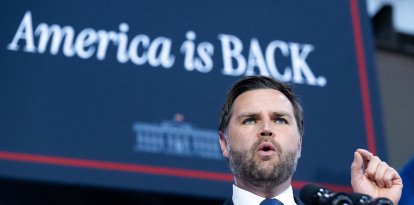Harvard reaches deal with antisemitic students to completely dismantle protests
The university agreed to reinstate students who were suspended for participating and pledged to address questions about donations to Israel.

(José Prezioso / AFP)
After about three weeks of tension, Harvard University reached an agreement with anti-Israel vandals to end the demonstrations on campus and have the camps dismantled.
Interim President Alan Garber explained in a statement that the protesters decided to end their protest and remove the camps, after Harvard Yard agreed to reinstate students who had been suspended for their participation in the camps.
The university also agreed to meet with the chair of the Corporate Committee on Shareholder Responsibility and other University officials to address students' questions about donations to Israel.
“Now more than ever, it is crucial to do what we do at our best, creating conditions for true dialogue, modeling ways to build understanding, empathy, and trust, and pursuing constructive change anchored in the rights and responsibilities we share,” Garber expressed.
Meanwhile, the group behind the camps and protests, Harvard Out of Occupied Palestine (HOOP), released its own statement reporting on the encampments and noted that the university suspended more than 20 students and referred more than 60 students for additional disciplinary charges.
Although HOOP agreed to remove the camps, it expressed skepticism about what gains could be made during discussions with the university. “We are under no illusions: we do not believe these meetings are divestment wins. These side-deals are intended to pacify us away from full disclosure & divestment. Rest assured, they will not,” the group expressed.
The agreement has generated mixed opinions on and off campus. The Harvard Jewish Alumni Alliance described it as an example of “mis-governance” by the university and criticized the interim president for giving preferential treatment to certain individuals whose conduct “not only targeted Jews but also disrupted and imperiled the wider Harvard community."
Harvard Professor of Physiology and Medicine Jeffrey Flier also commented on the agreement and expressed: "We are at a moment when Harvard leaders and faculty must set a path for a better future. This should involve restatement of our institutional mission; a deeper explanation of the agreements that were made; and a commitment to producing a plan for response to future events with content neutral policies."
























